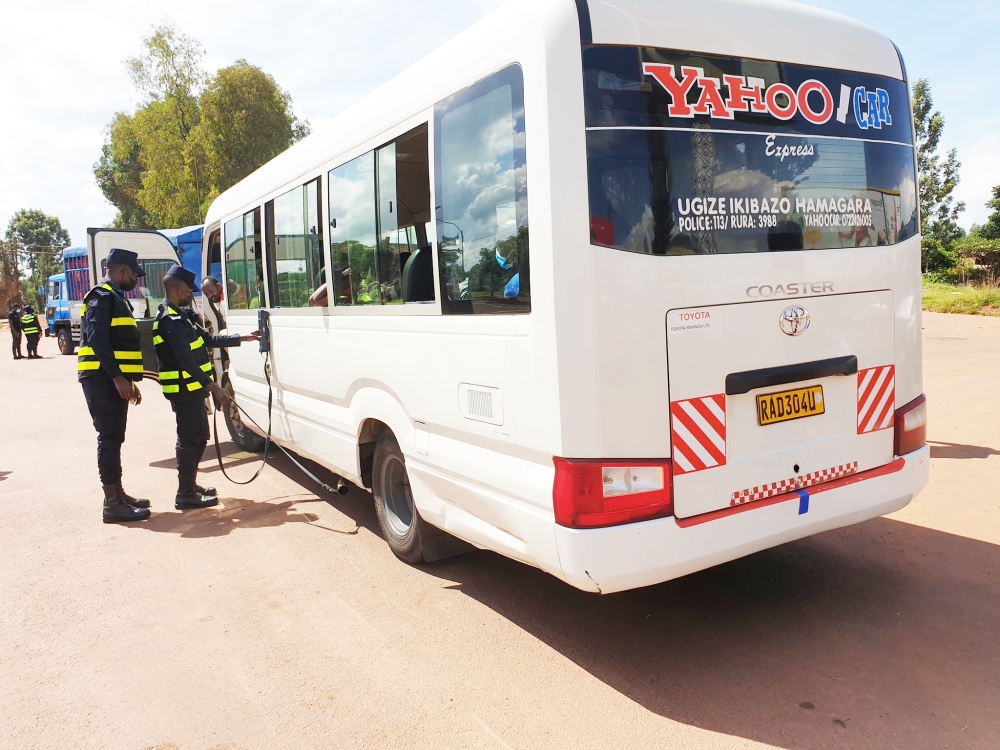UGANDA Revenue Authority has suspended clearing agents operations at the Malaba border over their failure to renew their annual licenses.

UGANDA Revenue Authority has suspended clearing agents operations at the Malaba border over their failure to renew their annual licenses.The move has caused trucks pile up which has started to build at the international border with fears that the jam could extend several miles into Kenya.Kenya Revenue Authority instituted similar punitive measures starting January 1 but the problem had by yesterday been solved with clearing agents allowed to access the Authority’s system.However, Kenyan agents complained that they were idle since their counterparts in Uganda have not renewed their licenses.Transporters and importers are victims of the licenses hitch with goods delaying to be cleared for onward delivery to intended destinations.Clearing agents in Uganda cannot lodge any documents into the URA system until they comply with the mandatory requirement."The Authority’s head office in Kampala has blocked access to the system. This has made it difficult for any transaction to be instituted,” a URA source in Malaba said.Over 80 per cent of clearing firms have not complied with the requirement, thus paralysing operations which had began to pick after the Christmas and New Year holidays.There are over 1,000 clearing firms in Uganda but over 800 had by yesterday not met the requirement, thus adding more mystery to the perpetual problems engulfing the border town.Some importers are using other companies which have complied with the requirements to clear their goods. The problem could hurt regional economies if no urgent solution was reached by the Uganda revenue body.The trade hitch comes as East Africa Community member states strive to eliminate cross-border trade barriers. In November 2009 the EAC Heads of State signed the Common Market Protocol, which provides for the, free movement of persons, labour, goods, services and capital in any of the EAC Partner States. But stakeholders have observed slow pace towards realising this goal.The member states tax authorities’ have been identified as a major hindrances to smooth flow of trade due to long procedures, restrictions and levies.This has been causing congestion at the ports and border points which has a significant negative impact on the trade.Last year the EAC secretariat started working on a legal document to compel member states to eliminate Non Tarrif Barriers and speed up common market gains.






